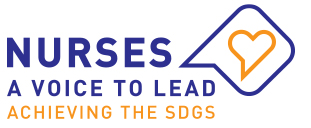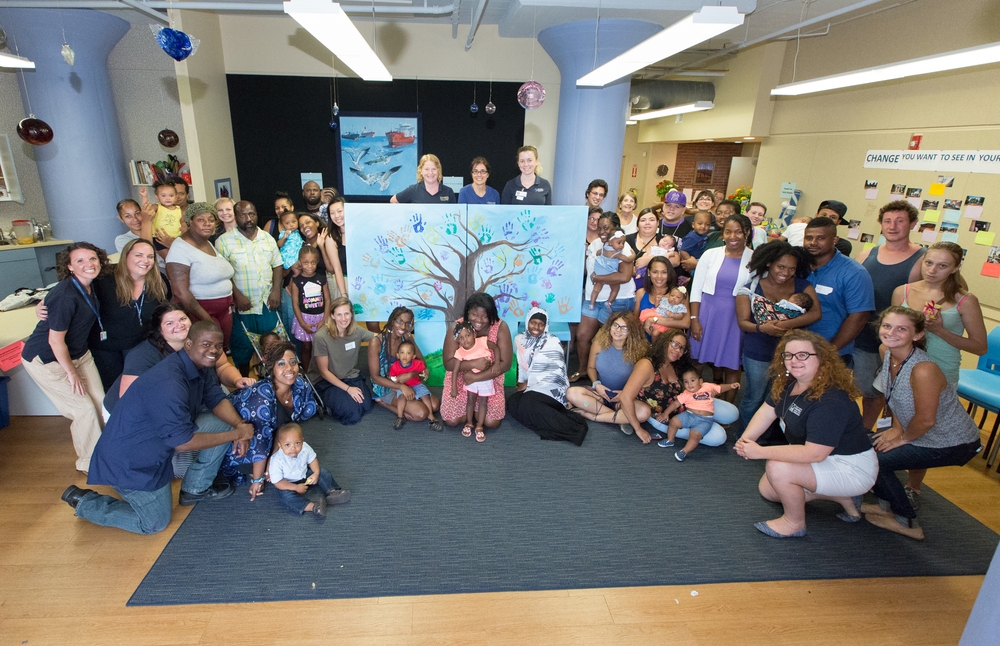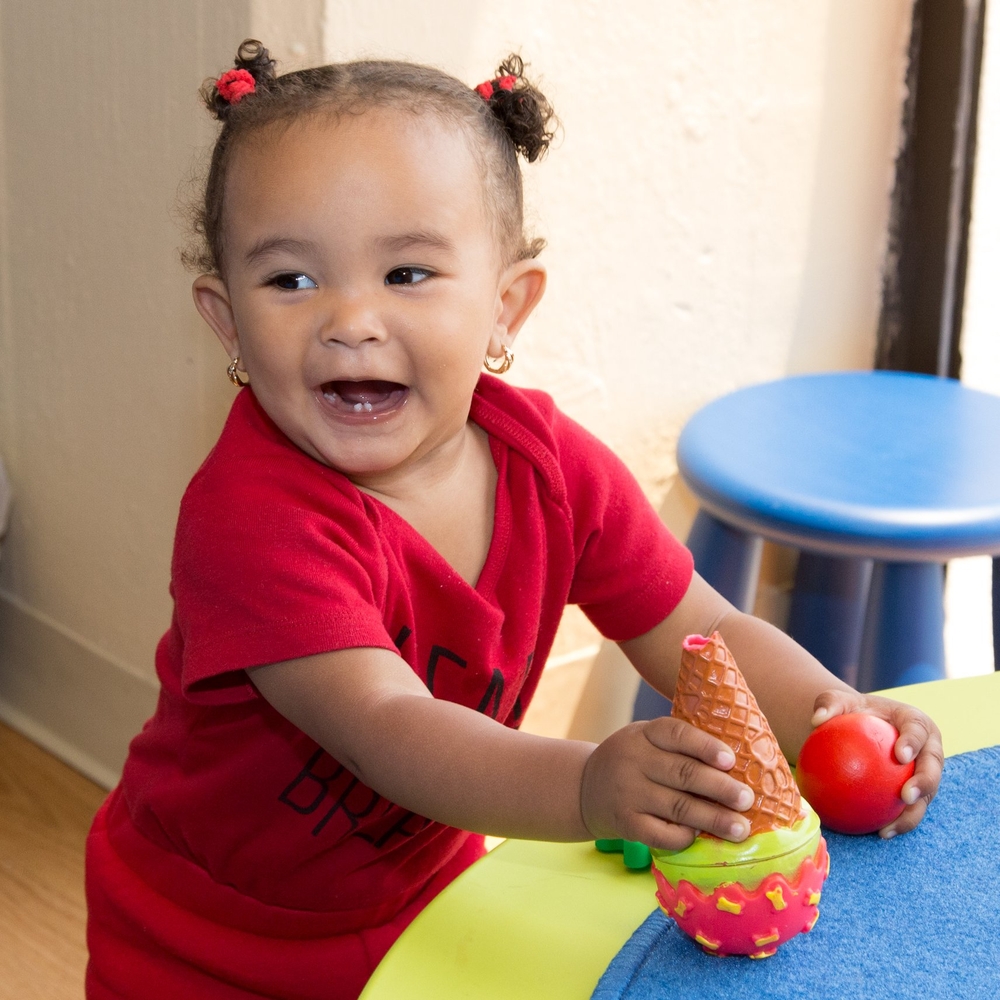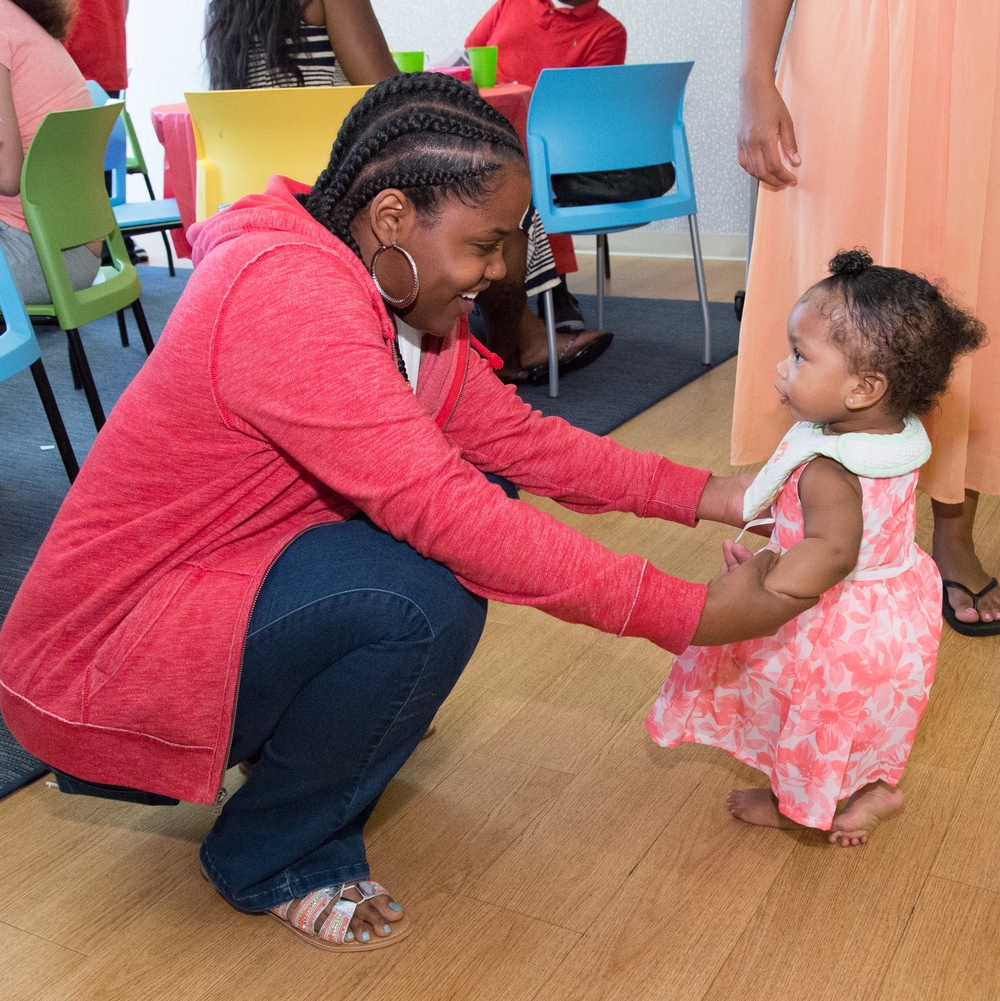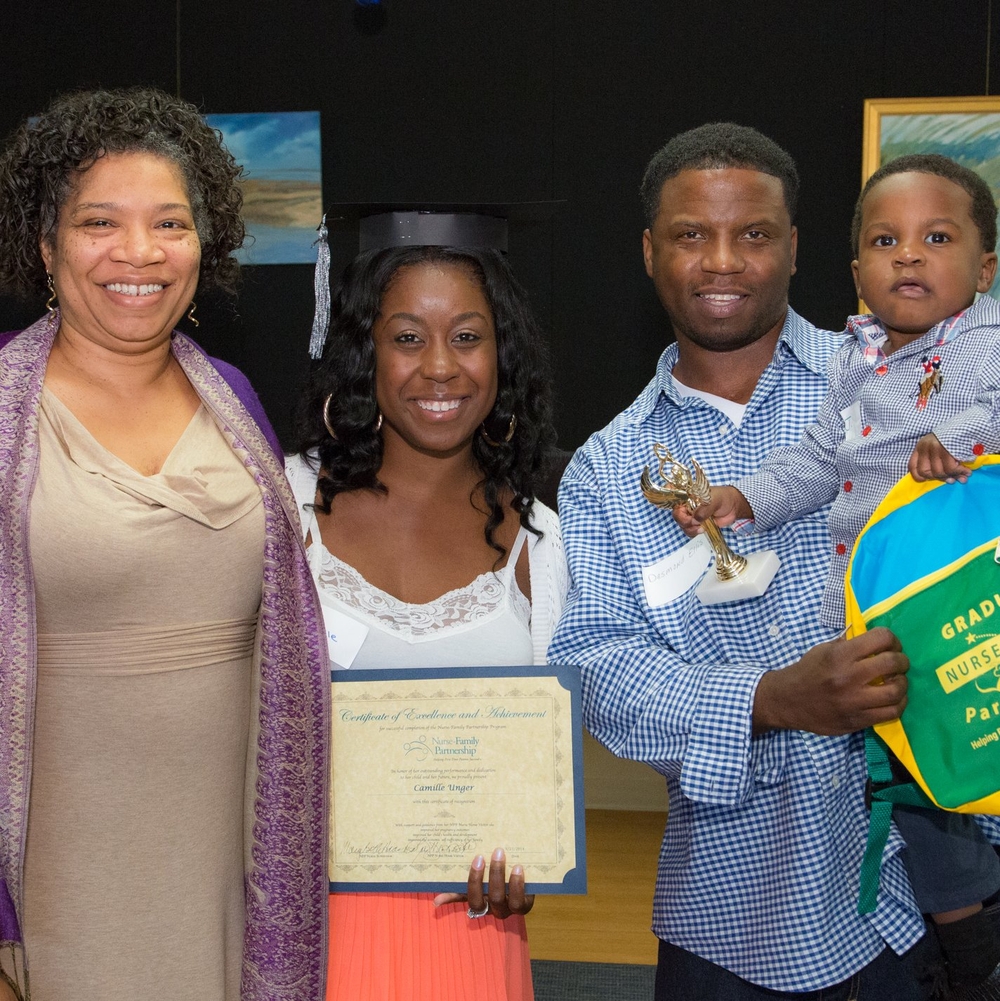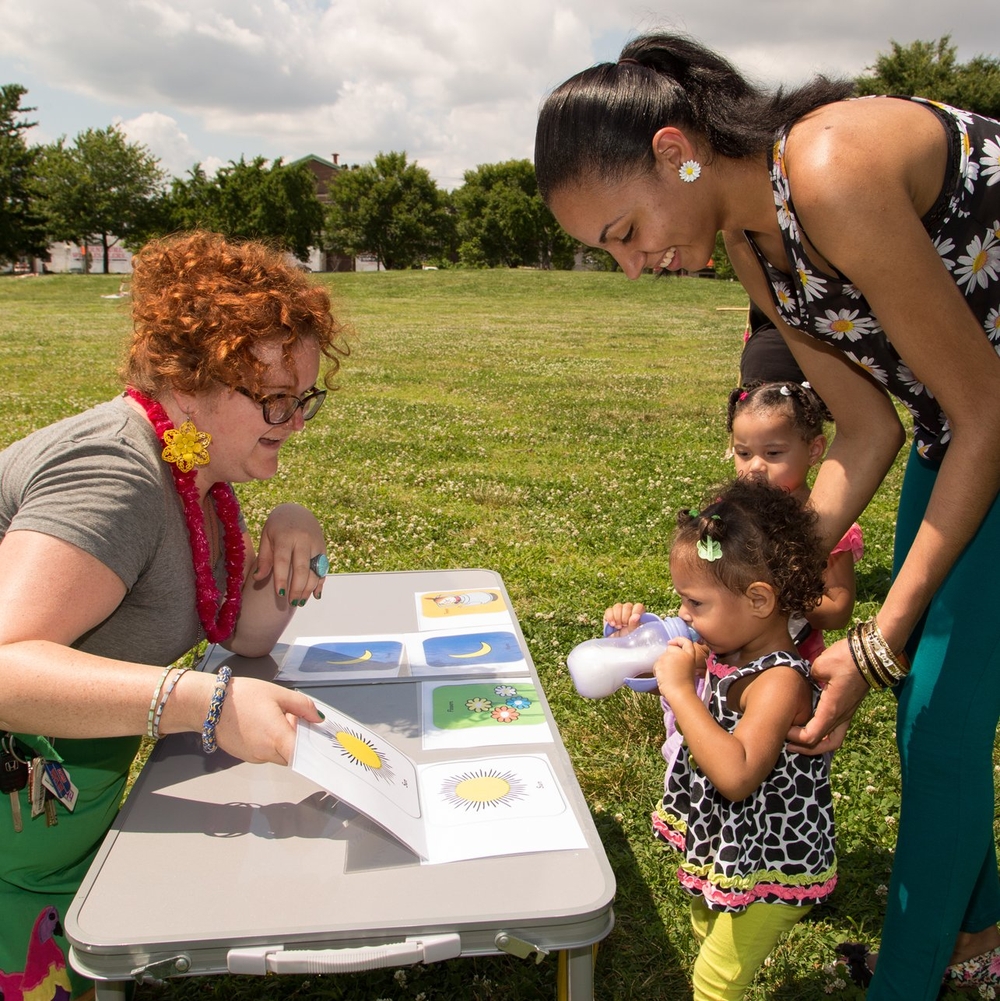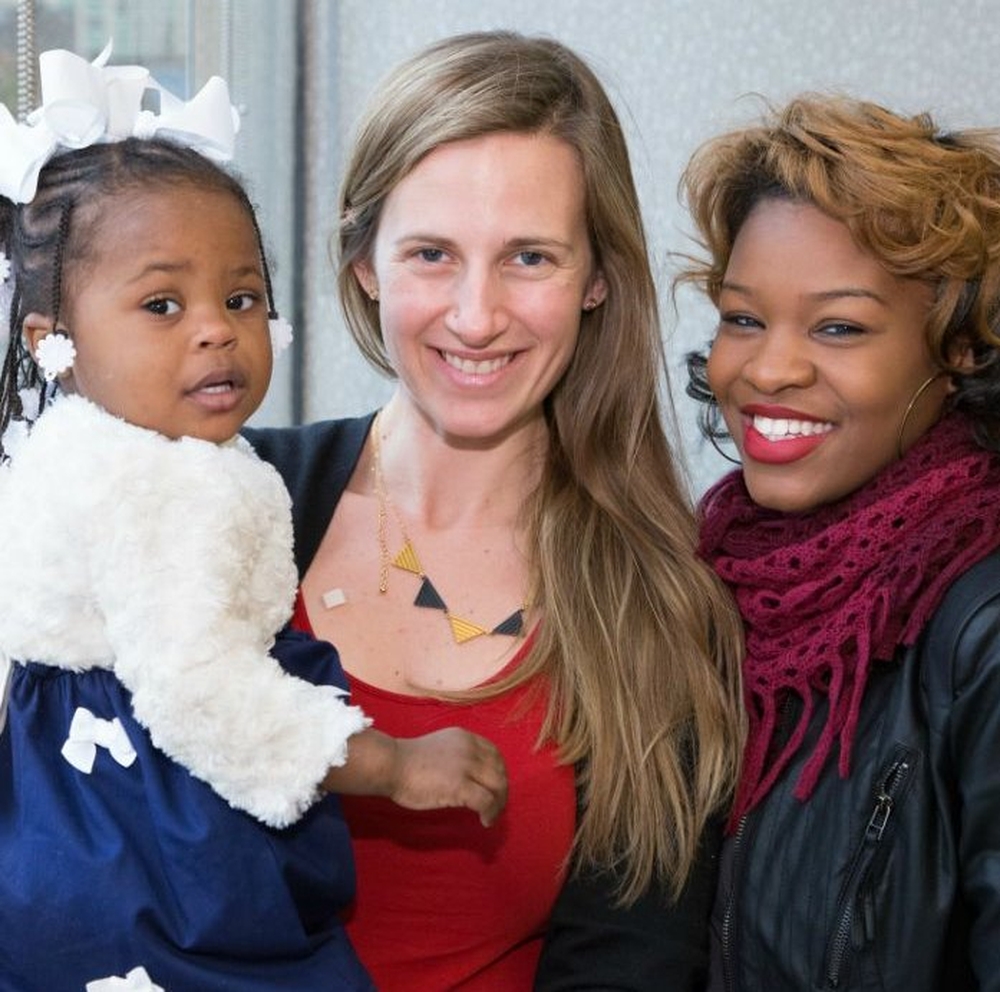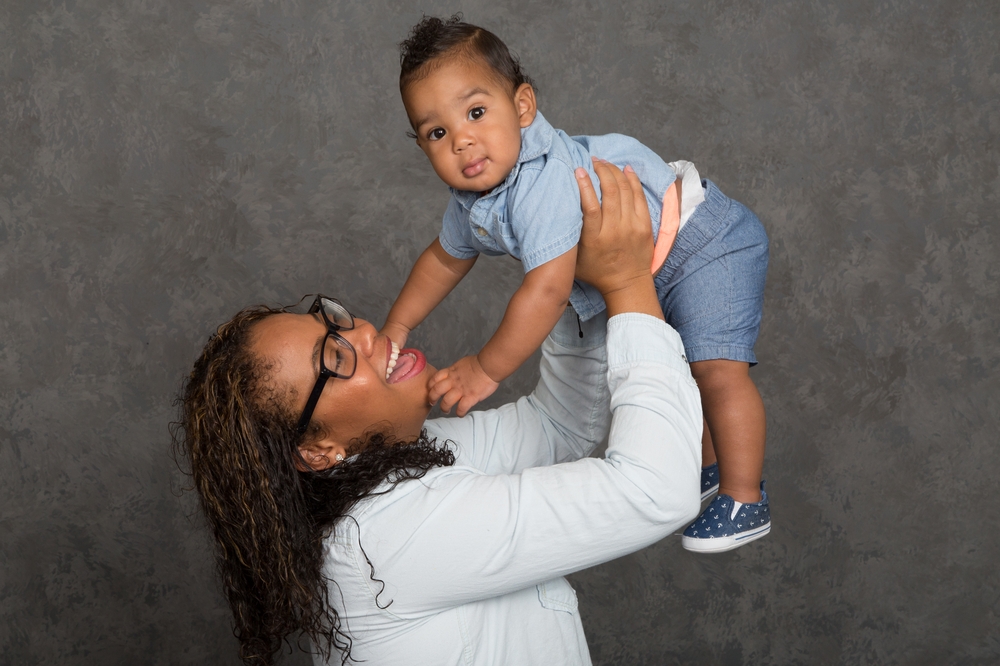Nurse Family Partnership in urban neighborhoods of the USA
Nurses must break down walls between professions to create cost-effective interventions to improve the lives of patients with complex health and social needs.
Dr Katherine K. Kinsey, PhD, RN, FAAN, is the Nurse Administrator and Principal Investigator for the maternal child home visiting programmes of the National Nurse Led Care Consortium (NNCC).
NNCC advances nurse-led models of care through policy, consultation, and innovative programming. Two of NNCC’s most successful programs are The Philadelphia Nurse Family Partnership (NFP) and the Mabel Morris Family Home Visit Program (MM-PAT), evidence-based early childhood initiatives serving low-income women and children in some of the most distressed urban neighbourhoods in the United States.
Led by public health nurses, these programmes, provide home visiting, family support and education to low-income mothers of young children throughout the city of Philadelphia, Pennsylvania. Each year, the service provides support and care for over 700 mothers and their children. Most clients are teen mothers and are African-American (73%) or Hispanic (21%). The average annual household income for clients is under US$6,000.
Typically, women enroll when they are pregnant with their first child. Over the course of the programme, each client receives between 30-50 visits from their nurse, designed around three goals: a healthy pregnancy and delivery; the baby’s good health and development; and the mother’s vision and goals for the future.
Over the years, nurses saw an increase in pregnant women reporting situations of crisis, with concerns about their physical safety, food security, housing status, and other basic needs related to conditions of poverty. Over 90% of the mothers have experienced three or more Adverse Childhood Experiences (ACEs), such as physical, sexual and/or verbal abuse, living with a mentally ill relative, having an incarcerated family member, or witnessing domestic violence. Approximately 45% of the mothers exhibit symptoms of perinatal depression when they enter the programme.
This led to the development of a new partnership, allying legal assistance to nursing care.
“We sought a new connection with the Health, Education, and Legal Assistance Project: A Medical-Legal Partnership, a NGO with unique experience providing free legal services to low-income mothers. Together, we launched the Nursing-Legal Partnership,” says Dr Kinsey.
In this approach, lawyers work hand-in-hand with nurses to ensure that new mothers have the opportunity to raise their children in safe, healthy homes, with uninterrupted access to public benefits. They can develop new skills to support their children’s socioemotional, physical and developmental needs, while also providing legal resources to ensure that each family’s basic needs are met. Working with their nurse, many women set goals for themselves for the first time.
To date, the nurse home visiting programmes have served over 3,500 mothers and their children.
The expertise that Registered Nurses bring to this intervention is pivotal in gaining the confidence of a new mother. The nurse helps guide first-time mothers through the emotional, social and physical challenges they face as they prepare for a healthy birth. Prenatal support is the starting point, but the nurse continues to serve her client after she delivers her child, teaching parenting and life skills that foster positive growth for both the mother and child.
Lawyers with expertise in public benefits, health law, housing law, consumer law, and other areas represent clients and work with nurses to address health-harming legal needs identified during screening.
“It takes an interdisciplinary team of professionals to break the cycle of poverty. We have envisioned a nurse-driven way to link and coordinate health, social and support services to meet families’ needs. Because of nursing’s emphasis on holistic care, nurses naturally operate at the intersection of health and social services” says Dr Kinsey.
